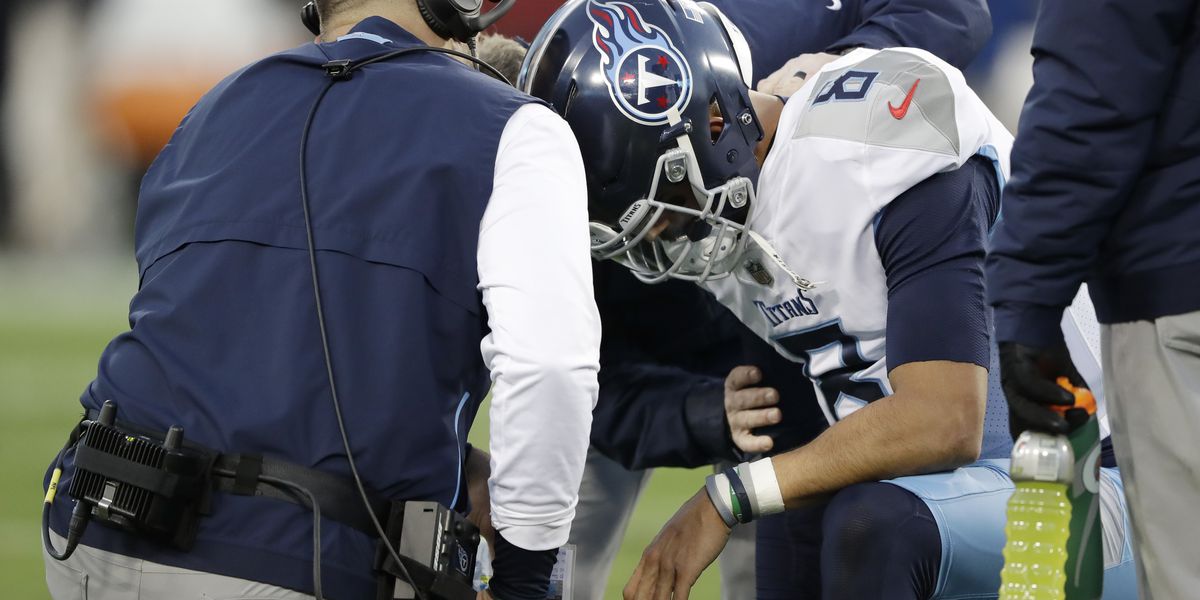Adding games to the regular season schedule has been an NFL priority for nearly a decade. So no one was surprised when New England Patriots owner Robert Kraft pushed the idea of an 18-game season at a recent collective bargaining session, according to The Wall Street Journal.

Two more games each season could generate another $2.5 billion a year, according the NFL Players Association. The owners are willing to share, but the players don’t appear tempted.
Playing more games per season will increase the probability of a career-ending injury. It will also shorten the average career span of a player to the extent he may not qualify for post-career benefits. And that’s an issue that’s hard to diffuse with just a raise — even a big one.
The current collective bargaining agreement expires after the 2020 season, so the sides have plenty of time to resolve their differences. The options that could yield more NFL games per season, however, have their drawbacks.
Option 1: Shorten Preseason
One proposal among the owners has been to cut two of four NFL preseason games. That way the total games played in the preseason and the regular season will remain constant. This has been NFL Commissioner Roger Goodell’s objective since at least 2011. But anyone who has watched a preseason game knows they are hardly equivalent.
In preseason, NFL teams carry a 90-man roster. While premier players get some action in NFL preseason games, they aren’t fighting tooth and nail for 60 minutes. After all, no one wants to lose a prime-time player before prime time.
Preseason games help evaluate rookies and develop a groove with a new coaching staff. Once the season starts, the roster drops to 53 players, of which only 46 dress for each game. Preseason is singing in the church choir. The regular season is soloing at the Met.
Cutting preseason games for more regular season games only satisfies the numbers — and Goodell, who detests preseason games with every fiber of his being. But it doesn’t solve the health and welfare issue.
Option 2: Force Players to Sit
Owners are considering having an 18-game regular season, but one that limits players to 16 games per season. Goodell hates preseason games because he thinks fans don’t like them. He may have a point. But it’s hard to imagine that a fan is going to like paying full price on game day, only to discover the QB is being played by an understudy.
A player game cap will obviously necessitate expanding the roster. That, in turn, sucks up some of the additional revenue the extra games should to generate. NFL Owners may think this option is palatable, but coaches managing a constantly rotating game roster may beg to differ.
Likewise, managing a Fantasy Football strategy could get more complex. Will some players only play easier matchups? Will player schedules be available? Fantasy Football has been a boon to the NFL, as participants watched more games each week. Adding another level of complexity could discourage participation.
The NFL and NFL Players Association have a lot to think about. Perhaps that’s why their recent three-day bargaining session was cut short after one. Apparently the magnitude of the options under consideration needed more discussion among the NFL owners.
ESPN cited a source who affirmed, “big topics are tabled for now. There is definitely a lot of work to be done.”
The NFL does have other opportunities to generate additional revenue — ones that don’t necessitate revamping the regular season schedule. For instance, according to a recent Nielsen study, the NFL stands to make an additional $2.3 billion a year in ticket sales and ratings as more states adopt legalized sports betting.











